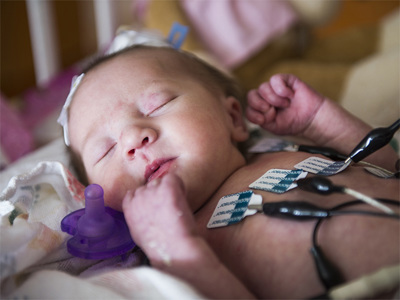- Doctors & Departments
-
Conditions & Advice
- Overview
- Conditions and Symptoms
- Symptom Checker
- Parent Resources
- The Connection Journey
- Calm A Crying Baby
- Sports Articles
- Dosage Tables
- Baby Guide
-
Your Visit
- Overview
- Prepare for Your Visit
- Your Overnight Stay
- Send a Cheer Card
- Family and Patient Resources
- Patient Cost Estimate
- Insurance and Financial Resources
- Online Bill Pay
- Medical Records
- Policies and Procedures
- We Ask Because We Care
Click to find the locations nearest youFind locations by region
See all locations -
Community
- Overview
- Addressing the Youth Mental Health Crisis
- Calendar of Events
- Child Health Advocacy
- Community Health
- Community Partners
- Corporate Relations
- Global Health
- Patient Advocacy
- Patient Stories
- Pediatric Affiliations
- Support Children’s Colorado
- Specialty Outreach Clinics
Your Support Matters
Upcoming Events
Mental Health Town Hall
Tuesday, April 23, 2024Join Children’s Hospital Colorado pediatric experts for a virtual...
-
Research & Innovation
- Overview
- Clinical Trials
- Q: Pediatric Health Advances
- Discoveries and Milestones
- Training and Internships
- Academic Affiliation
- Investigator Resources
- Funding Opportunities
- Center For Innovation
- Support Our Research
- Research Areas

It starts with a Q:
For the latest cutting-edge research, innovative collaborations and remarkable discoveries in child health, read stories from across all our areas of study in Q: Advances and Answers in Pediatric Health.


Critical Congenital Heart Disease in Neonates (S2:E21)
Infants with congenital heart disease (CHD) have an abnormal heart structure, which results in an abnormal blood flow pattern. CHD is the most common birth defect in infants, and approximately 1% of babies born in the United States will have a form of CHD each year. Some types of CHD lead to few problems and others, like critical congenital heart disease (critical CHD), are more serious.
Infants born with critical CHD require prompt medical intervention to avoid cardiogenic shock (low blood flow from the heart to the organs), brain injuries and death. Ideally, universal CHD screenings shortly after birth will detect all instances of critical CHD before an infant leaves the nursery.
Listen to pediatric dermatology experts discuss critical congenital heart disease in neonates
Today, Christopher Rausch, MD, joins Charting Pediatrics to emphasize the importance of early CHD screening in newborns. Dr. Rausch is the Director of the Cardiopulmonary Exercise Laboratory at Children's Hospital Colorado.
In this episode, we explore:
- Why critical CHD requires prompt medical attention
- Some of the top reasons why critical CHD can be missed in prenatal screenings
- Critical CHD screening protocols and tool kits for nurseries
- The recommended screening window for newborns
- How pediatricians can ensure that all newborns get the appropriate evaluations
- The potential effects of elevation on critical CHD screening results
- The false-positive rate of critical CHD screenings
- Recent improvements in outcome rates for newborns with critical CHD
- Instances when screenings will be performed by the primary care physician
Caveats to universal critical CHD screening for all newborns
Ideally, universal screening will detect all instances of critical CHD before an infant leaves the nursery. However, it's important to note that there are caveats to this recommendation, particularly for pediatric physicians in high altitude locations.
All babies born below 7,000 feet in elevation should be screened, but accurate testing for higher altitudes has yet to be developed or extensively researched. Premature infants and babies in the NICU present additional complications because oxygen incubation can increase the likelihood of a false positive.
Critical CHD treatment and management in babies at Children's Colorado
When congenital heart disease screening indicates an issue, the infant must be seen by a clinician right away. At Children's Colorado, pediatricians and pediatric cardiology experts support young patients and their families throughout critical CHD diagnosis and treatment.



 720-777-0123
720-777-0123






